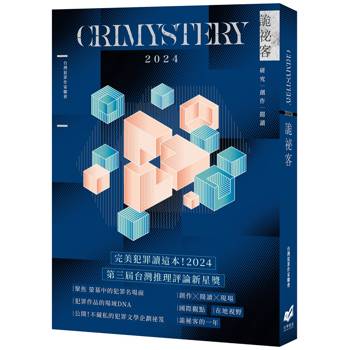This study revisits Novalis’s Heinrich von Ofterdingen (1802), offering a groundbreaking alchemical interpretation of this quintessential Romantic novel. Through the lens of alchemy, the study reimagines the protagonist’s journey as an initiation into the mysteries of poetry, imbued with Orphic and mystical dimensions. It explores the novel’s structure and characters as reflections of alchemical transformation, revealing a poetic philosophy in which imagination transmutes reality.
Contextualizing Novalis’s thought within Romanticism and hermetic traditions, the book traces influences from Pietism, Gnosticism, and Jacob Böhme to alchemical symbolism. It demonstrates how Novalis weaves the symbolic language of alchemy into his vision of the poet as an agent of unity and renewal. The blue flower, central to the Romantic imagination, emerges as a potent alchemical symbol. While alchemy is not the exclusive key to Heinrich von Ofterdingen, this study positions it as a rich interpretative framework, connecting Novalis’s work to contemporary discourses in literature, philosophy, and cultural studies. Ultimately, the book reaffirms alchemy’s enduring relevance in understanding transformation, both poetic and existential.| FindBook |
有 1 項符合
Alchemy and the Poet: The Case of Novalis’s Heinrich von Ofterdingen的圖書 |
 |
Alchemy and the Poet: The Case of Novalis’s Heinrich von Ofterdingen 作者:Valadas Das Neves 出版社:Critical, Cultural and Communications Press 出版日期:2025-04-02 語言:英文 規格:平裝 / 160頁 / 22.86 x 15.24 x 0.94 cm / 普通級/ 初版 |
| 圖書館借閱 |
| 國家圖書館 | 全國圖書書目資訊網 | 國立公共資訊圖書館 | 電子書服務平台 | MetaCat 跨館整合查詢 |
| 臺北市立圖書館 | 新北市立圖書館 | 基隆市公共圖書館 | 桃園市立圖書館 | 新竹縣公共圖書館 |
| 苗栗縣立圖書館 | 臺中市立圖書館 | 彰化縣公共圖書館 | 南投縣文化局 | 雲林縣公共圖書館 |
| 嘉義縣圖書館 | 臺南市立圖書館 | 高雄市立圖書館 | 屏東縣公共圖書館 | 宜蘭縣公共圖書館 |
| 花蓮縣文化局 | 臺東縣文化處 |
|
|
圖書介紹 - 資料來源:博客來 評分:
圖書名稱:Alchemy and the Poet: The Case of Novalis’s Heinrich von Ofterdingen
Wretched
East Moon
Against All Odds: 7 stories of love in dangerous places
Pilgrims of the Fall
Death at the Highland Loch: An absolutely addictive historical cozy mystery set in the Scottish Highlands
Matching Mr. Montfert
The Frat Chat
The Frat Chat
Violet’s Place
What Doesn’t Kill Us: A Mac McKenzie Novel
East Moon
Against All Odds: 7 stories of love in dangerous places
Pilgrims of the Fall
Death at the Highland Loch: An absolutely addictive historical cozy mystery set in the Scottish Highlands
Matching Mr. Montfert
The Frat Chat
The Frat Chat
Violet’s Place
What Doesn’t Kill Us: A Mac McKenzie Novel
|










